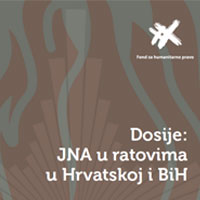
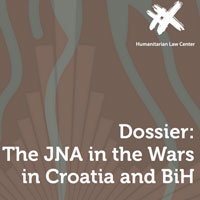 The role of the Yugoslav People’s Army (JNA) in the wars in Croatia and Bosnia and Herzegovina (BiH) and its transformation from the Yugoslav into the Serbian army, is the subject of this, the tenth Dossier of the Humanitarian Law Center (HLC). It is the most extensive of the HLC Dossiers so far, covering the period from the end of the 1980s up to May 1992. It explores how the JNA and political leadership of the Socialist Federative Republic of Yugoslavia (SFRY) and Serbia prepared for the wars, the JNA’s involvement in the conflicts, and its contribution to achieving the wartime goals of Serbia, the Republic of Serbian Krajina and Republika Srpska.
The role of the Yugoslav People’s Army (JNA) in the wars in Croatia and Bosnia and Herzegovina (BiH) and its transformation from the Yugoslav into the Serbian army, is the subject of this, the tenth Dossier of the Humanitarian Law Center (HLC). It is the most extensive of the HLC Dossiers so far, covering the period from the end of the 1980s up to May 1992. It explores how the JNA and political leadership of the Socialist Federative Republic of Yugoslavia (SFRY) and Serbia prepared for the wars, the JNA’s involvement in the conflicts, and its contribution to achieving the wartime goals of Serbia, the Republic of Serbian Krajina and Republika Srpska.
The introduction section of the Dossier presents facts about the development of the crisis in the former Yugoslavia and the steps undertaken by the leadership of the Republic of Serbia, headed by Slobodan Milosevic, to take control of the JNA, with a view to using it for achieving their own wartime goals. After that, the Dossier presents the role of the JNA in the war in Croatia, and in the BiH.
In each of the examples given of the JNA’s military involvement in Croatia and BiH, the pattern of attacks is described and the JNA units that took part in them are listed. Also, evidence on the identity of the perpetrators of crimes committed during the attacks, whether they were JNA members or members of Serb formations who participated in the actions alongside the JNA, is presented.
The Dossier also presents evidence on the JNA’s role in arming Serb formations in Croatia and BiH in the lead-up to the conflicts, and on the assistance and support it provided to Serb militaries in Croatia and BIH after having formally withdrawn from these republics.
Some of the examples given, which are substantiated by military documents, make clear that after a decision was issued on JNA’s formal withdrawal from BiH in May 1992, its units remaining behind in BiH were simply renamed, to become units of the Army of Republika Srpska (VRS). The VRS retained the command structure of the JNA and its manpower, and took possession of its weaponry. This gave the newly established army of the Bosnian Serbs a head start over all other armed formations in BiH.
The Dossier: The JNA in the Wars in Croatia and BiH is available here.
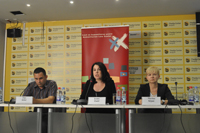







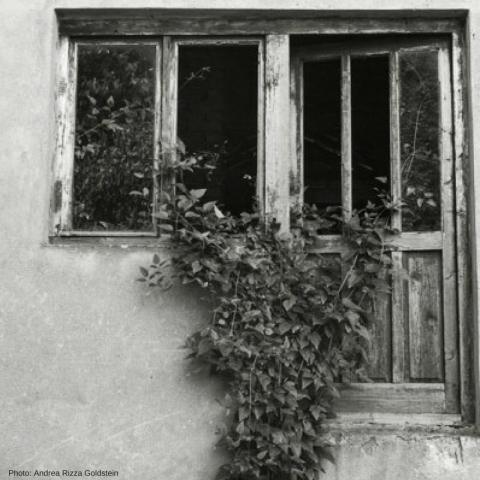
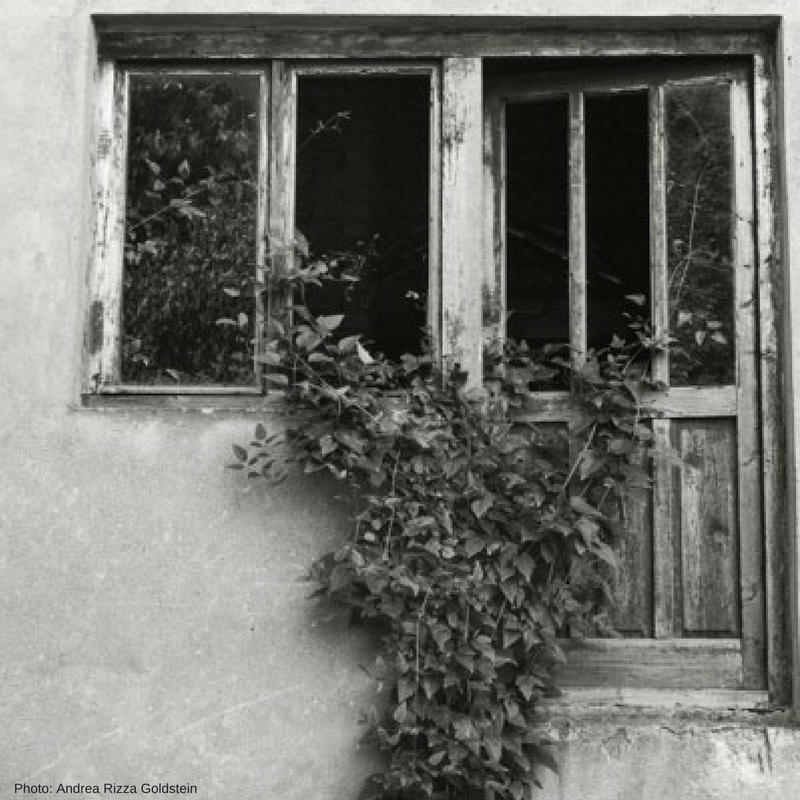
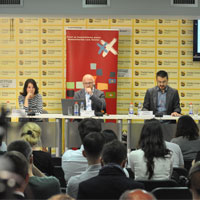


 The role of the Yugoslav People’s Army (JNA) in the wars in Croatia and Bosnia and Herzegovina (BiH) and its transformation from the Yugoslav into the Serbian army, is the subject of this, the tenth Dossier of the Humanitarian Law Center (HLC). It is the most extensive of the HLC Dossiers so far, covering the period from the end of the 1980s up to May 1992. It explores how the JNA and political leadership of the Socialist Federative Republic of Yugoslavia (SFRY) and Serbia prepared for the wars, the JNA’s involvement in the conflicts, and its contribution to achieving the wartime goals of Serbia, the Republic of Serbian Krajina and Republika Srpska.
The role of the Yugoslav People’s Army (JNA) in the wars in Croatia and Bosnia and Herzegovina (BiH) and its transformation from the Yugoslav into the Serbian army, is the subject of this, the tenth Dossier of the Humanitarian Law Center (HLC). It is the most extensive of the HLC Dossiers so far, covering the period from the end of the 1980s up to May 1992. It explores how the JNA and political leadership of the Socialist Federative Republic of Yugoslavia (SFRY) and Serbia prepared for the wars, the JNA’s involvement in the conflicts, and its contribution to achieving the wartime goals of Serbia, the Republic of Serbian Krajina and Republika Srpska.
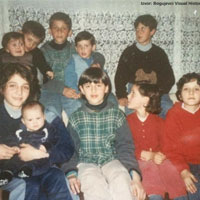

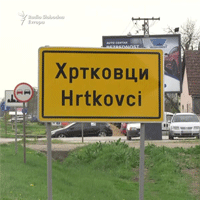


 On Monday, March 12, 2018, the Office of the War Crimes Prosecutor (OWCP) presented the Draft Prosecutorial Strategy for the Investigation and Prosecution of War Crimes in the Republic of Serbia for the period 2018-2023 (Draft), in accordance with the obligations of the
On Monday, March 12, 2018, the Office of the War Crimes Prosecutor (OWCP) presented the Draft Prosecutorial Strategy for the Investigation and Prosecution of War Crimes in the Republic of Serbia for the period 2018-2023 (Draft), in accordance with the obligations of the 


 On March 2 2018, the Humanitarian Law Center (HLC) submitted a criminal complaint against Svetozar Andrić, former commander of the Birač Brigade of the Republika Srpska Army (VRS), and later Chief of Staff of the VRS Drina Corps, to the War Crimes Prosecutor’s Office of the Republic of Serbia. The criminal complaint was filed for several crimes committed during the conflict in Bosnia and Herzegovina (BiH).
On March 2 2018, the Humanitarian Law Center (HLC) submitted a criminal complaint against Svetozar Andrić, former commander of the Birač Brigade of the Republika Srpska Army (VRS), and later Chief of Staff of the VRS Drina Corps, to the War Crimes Prosecutor’s Office of the Republic of Serbia. The criminal complaint was filed for several crimes committed during the conflict in Bosnia and Herzegovina (BiH).